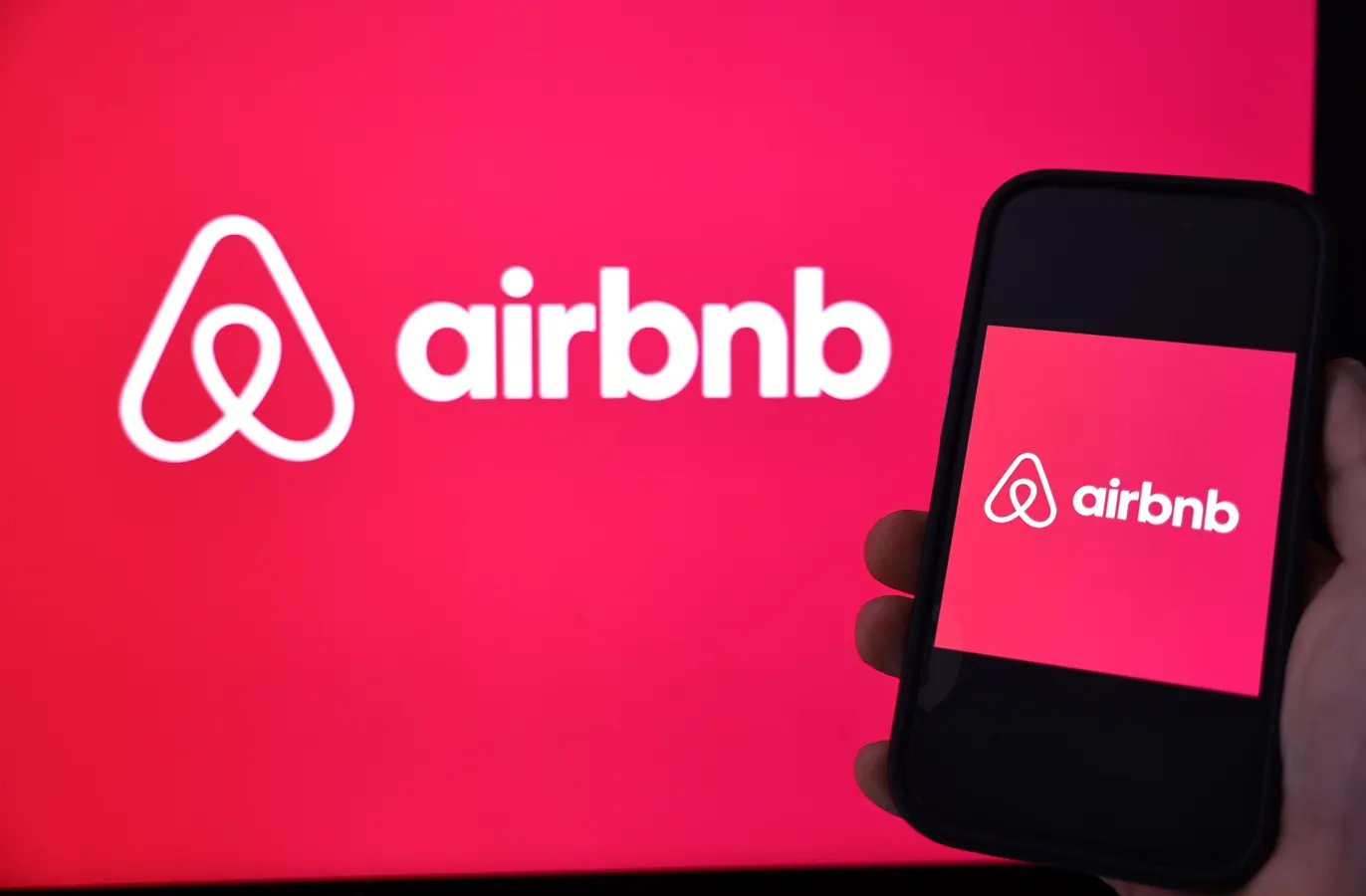Copyright Forbes

Airbnb(NASDAQ: ABNB) has experienced its share of challenges. Once a favorite in the post-pandemic recovery trade, the stock has decreased by nearly 18% in the past year, mirroring a blend of regulatory challenges, slowing travel growth, and waning investor excitement for consumer technology. However, amid the short-term fluctuations, Airbnb’s fundamentals appear remarkably robust — which is why some analysts on Wall Street think the next upward move could still be significant. For more insights, Airbnb Stock Testing Price Floor – Buy Now? Airbnb's current trading price is around $120 per share, resulting in a market capitalization of approximately $75 billion. Even with the stock’s drop, the company is operating at unprecedented levels of profitability. In 2024, Airbnb produced about $4.5 billion in free cash flow, equating to an impressive margin of nearly 40% — an exceptional statistic for a travel company. The platform welcomed over 450 million nights and experiences in the past year, with revenue consistently rising to around $10 billion. Its asset-light approach — earning commissions instead of owning properties — has enabled Airbnb to expand globally with minimal capital expenditures, yielding a level of profitability and flexibility that hotel chains can only envy. However, if you are looking for potential growth with less volatility than individual stocks, the Trefis High Quality portfolio offers an alternative – having outperformed the S&P 500 and yielded returns surpassing 105% since its establishment. So why has the stock declined? A significant portion of the recent softness is due to increasing regulatory pressure. Cities like New York, Barcelona, and Amsterdam have tightened restrictions on short-term rentals, which has a direct impact on Airbnb’s inventory in urban areas. Additionally, travel growth has returned to more normalized levels after the explosive rebound experienced in 2022–2023, leading investors to closely examine Airbnb's ability to maintain double-digit growth in a more mature market. Rising interest rates and global uncertainties have also impacted discretionary travel spending, further dampening sentiment. Nonetheless, the investment case for Airbnb remains strong. At its present valuation, the company trades at approximately 24 times future earnings, a reasonable multiple for a brand of its size and profitability. If Airbnb can increase its free cash flow from about $4.5 billion today to $6 billion in the coming years — through consistent booking growth, enhanced monetization, and expansion into long-term stays and experiences — the potential for substantial upside becomes evident. Using even a conservative 15×–20× free cash flow multiple suggests a valuation between $90 billion and $120 billion, equating to a prospective stock price near $180–$220. This scenario is not unrealistic; it could become achievable if growth persists and margins remain healthy. MORE FOR YOU The company’s strategic positioning is also robust. Airbnb has evolved into a cultural necessity — not merely a travel platform but a lifestyle brand embedded in the global economy. Trends such as remote work, digital nomadism, and a quest for unique experiences are continuously reshaping travel behaviors, with Airbnb at the center of these shifts. Its sustained investments in AI-driven personalization, host tools, and dynamic pricing have bolstered user loyalty while enhancing profitability. Moreover, with over $10 billion in cash and equivalents on its balance sheet, the company possesses significant resources for share buybacks and long-term innovation. Of course, there are tangible risks. Travel demand is cyclical, and any economic downturn could put pressure on bookings. Regulatory ambiguity is likely to continue, and competition from Booking Holdings and Expedia’s Vrbo is intensifying. Furthermore, as growth slows from its previous aggressive pace, Airbnb must demonstrate its capacity to expand beyond its core rental marketplace into related sectors like experiences, corporate stays, and host services — without compromising margins or brand equity. At present, Airbnb seems less like a speculative growth venture and more like a profitable, global platform that is simply navigating a period of investor uncertainty. The 18% decline in the stock over the past year signifies caution rather than a crisis. If management continues to perform effectively, and if travel demand remains resilient, a rebound toward the $180–$200 range is entirely plausible within the next few years. The business that once revolutionized travel is not lacking ideas — it is simply gearing up for its next extended stay. Investing in individual stocks can come with significant risks. You might consider exploring the Trefis Reinforced Value (RV) Portfolio, which has outperformed its all-cap stocks benchmark (a combination of the S&P 500, S&P mid-cap, and Russell 2000 benchmark indices) to deliver strong returns for investors. What accounts for this? The quarterly rebalanced mix of large-, mid-, and small-cap RV Portfolio stocks has created a responsive strategy to capitalize on favorable market conditions while reducing losses when markets turn down, as outlined in RV Portfolio performance metrics.



